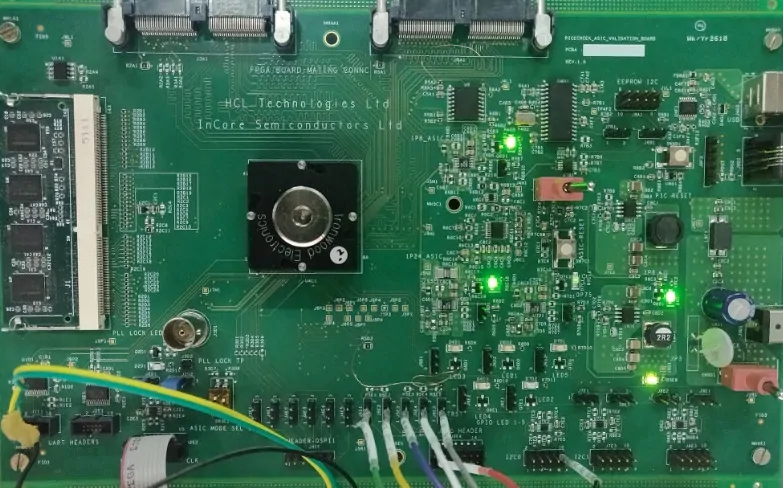Indian Ministry of Electronics and Information Technology funded India’s first open-source Shakti processor was announced recently. Now the software development kit (SDK) for the processor has been released by the Indian Institute of Technology (IIT) Madras, making it is ready for app development. They also promised to launch the development board soon.
The RISE group of IIT Madras started working on the project since 2016 and are planning to release 6 classes of the processor. Each of them will serve a different market and these will be competitive with the offerings we have commercially available.
Shakti Processor – 6 Classes
The 6 classes are E-class, I-class, M-class, S-class, and H-class.
E-class
E class processors are meant to be used in embedded devices, like IoT, robotic platforms, motor controls, etc and it is a 3 stage in-order processor.
C-class
C class is a 32-bit 5 stage in-order microcontroller-class of processors that supports 0.2-1 GHz clock speed. It is designed for mid-range workloads and has a very low profile.
I-class
I class 64-bit out-of-order processors support 1.5-2.5 GHz clock speed and have support for multi-threading. It is intended to be used in mobile, storage and networking applications.
M-class
As far as known M-class processor supports up to 8 cores and meant to be used in high workloads, like in a personal computer.
S-class
The higher variant of I-class processor is S-class. It comes with multi-threading support and intended to be used in workstations and servers.
H-class
Finally, H-class has the best performance of them all and made to be used in high-performance computing and analytic workloads.
The features included in the processor have high single-thread performance, optional L4 cache, support for Gen-Z fabric and storage-class memory. On the other hand, the RISE group is also working on experimental classes of the processor as T-class and F-class.
Now it is a matter of time to see if these processors can compete with the beasts available and used widely nowadays.






![How to Know If You’re a Workaholic? [Quiz] - 6 How to Know If You’re a Workaholic? [Quiz] - 6](https://cdn.igadgetsworld.com/news/wp-content/uploads/2019/07/Are-you-a-workaholic-featured-110x110.webp)


